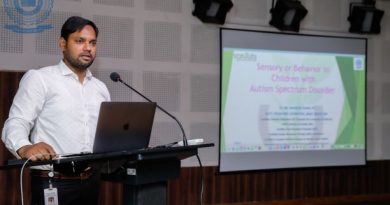Supreme Court Orders Uninterrupted Water Flow to Delhi Amid Crisis
Reported by Siddhi Tripathy
In a significant relief for Delhi residents, the Supreme Court has directed the Haryana Government to ensure that surplus water released by Himachal Pradesh flows uninterrupted to Delhi. This decision aims to address the severe water crisis faced by the capital due to an ongoing heatwave in north India.
On June 6, the Supreme Court, with Justices PK Mishra and KV Viswanathan, instructed Himachal Pradesh to release 137 cusecs of water by Friday. Haryana is to facilitate this water’s journey to Delhi through the Hathnikund barrage and onwards via the Wazirabad barrage. The Upper Yamuna River Board will measure the water flow to ensure it reaches Delhi.
This order stems from a writ petition filed by the Delhi government, seeking immediate water release from Haryana to tackle the acute shortage. The court had previously called for an urgent meeting of all involved states, facilitated by the Upper Yamuna River Board, to discuss the issue and propose solutions.
During the hearing, the court questioned Haryana’s objection to letting the water pass if it was coming from Himachal Pradesh. The Delhi government’s lawyer, Dr. Abhishek Manu Singhvi, suggested that water from the Beas River could be sent through Haryana’s canals to Delhi, but this proposal was deemed unfeasible by Haryana’s counsel.
Despite acknowledging the heatwave affecting both states, the court noted that Haryana does not face a severe water shortage like Delhi. Hence, it directed Himachal Pradesh to transfer the surplus water and ordered Haryana to ensure its smooth passage to Delhi.
The court also highlighted the need to avoid wastage of water during this critical period and urged the Delhi government to implement measures suggested by the Upper Yamuna River Board to conserve water.
The Supreme Court will review the status report on Monday, June 10, to ensure compliance with its directives and assess the situation further.
This ruling brings hope to Delhi residents who have been struggling with water shortages during an exceptionally hot summer, emphasizing the importance of cooperation among states to address such crises effectively.




